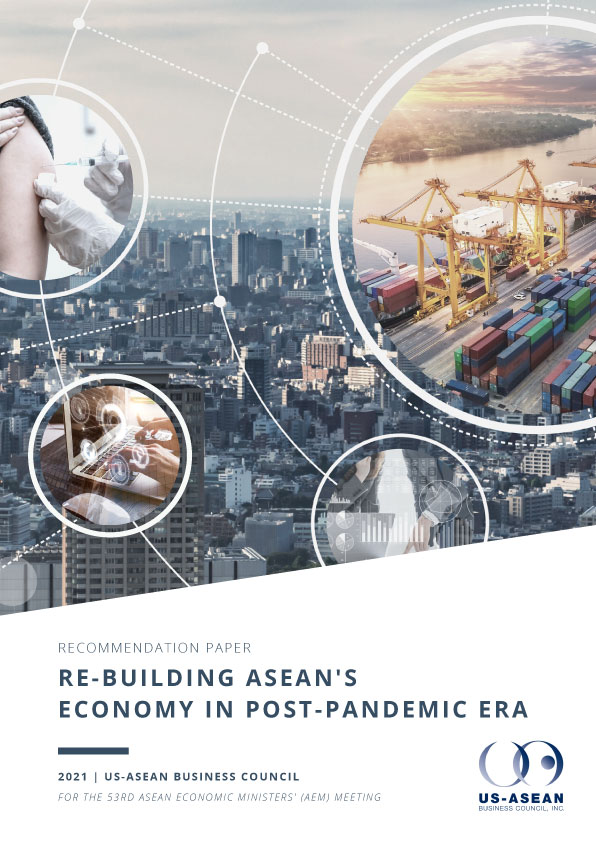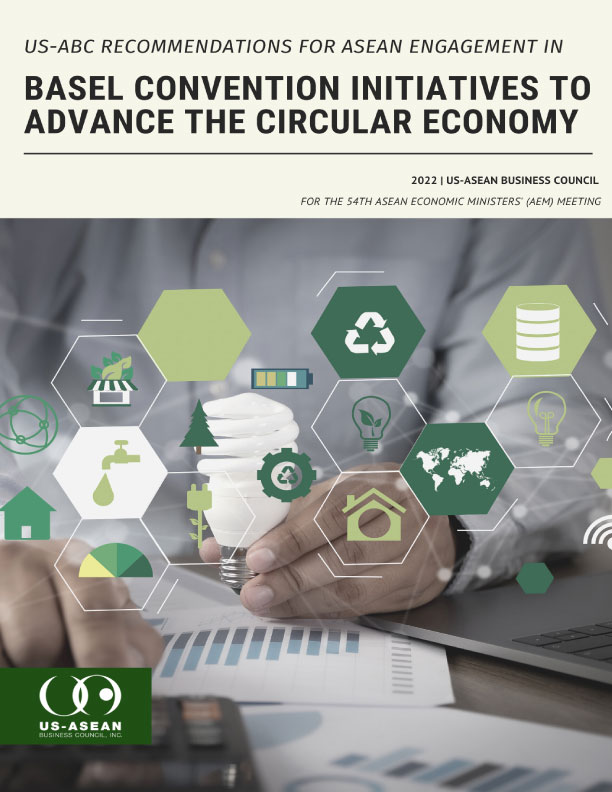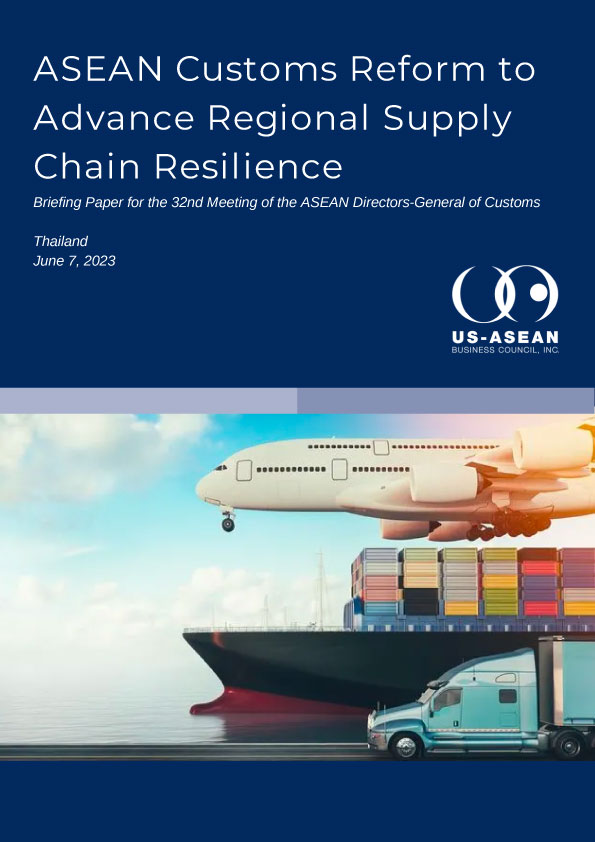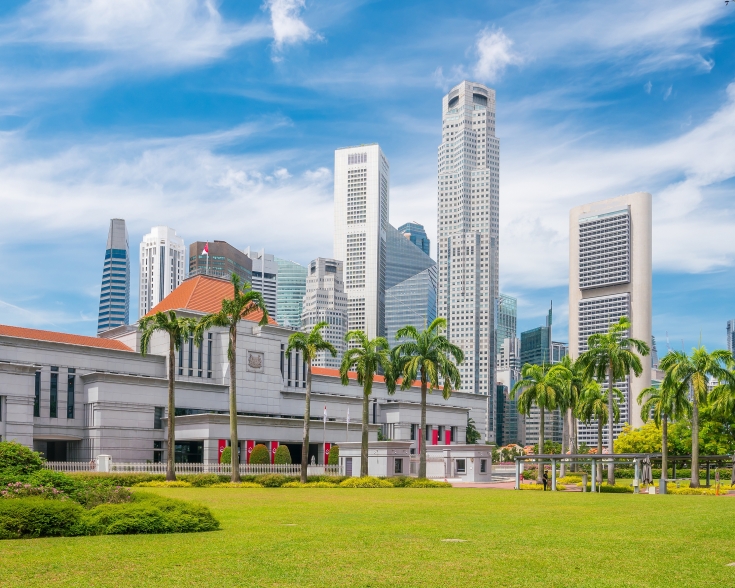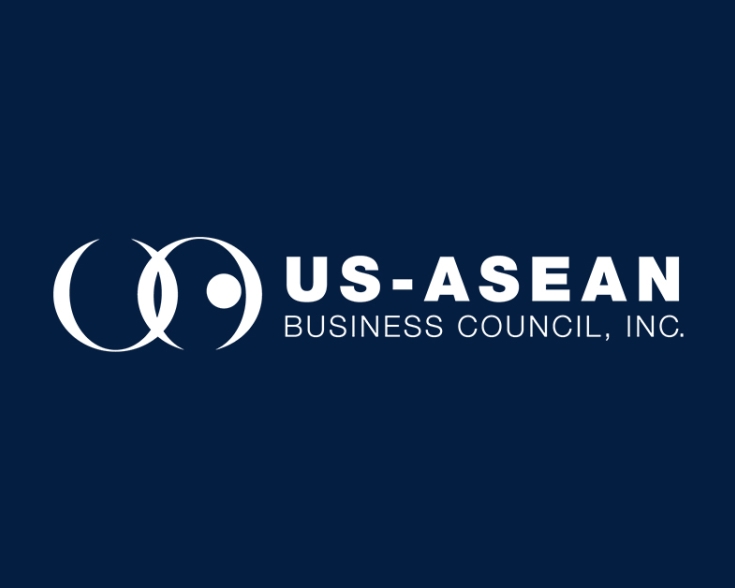Vietnam's Rare Earth Mining Industry Attracts Global Attention

Vietnam possesses the world's second-largest reserves of rare earths, comprising around 22 million tons, constituting about 19% of global known reserves, as per the U.S. Geological Survey. Despite prior efforts to establish the rare earth industry, including collaborations with Japanese investors, little has been achieved. However, recent developments mark a notable shift. The Vietnamese government unveiled a master plan for the mineral sector by 2050 aiming to exploit and process over 2.02 million tons of rare earth by 2030, with the capacity to produce up to 60,000 tons of rare earth oxides per year. Moreover, dialogues conducted by the Vietnam Academy of Science and Technology and the Ministry of Science and Technology, coupled with intentions to hold auctions for mining rights in the Dong Pao region—the country's largest rare earth mine—underscore a revitalized emphasis on advancing Vietnam's rare earth industry
The US-Vietnam recently upgraded Comprehensive Strategic Partnership includes collaboration in securing critical mineral supply chains. During President Biden visit to Hanoi this September, the two countries signed an MOU to strengthen technical cooperation to support Vietnam’s efforts to quantify its Rare Earth Elements (REE) resources and economic potential. The agreement involves enhancing Vietnam's capacity to process raw elements into metals essential for electric vehicles, smartphones, and wind turbines.
During her visit to Hanoi on October 25, Chief Economist of the US Department of State, Emily Blanchard, affirmed the US government's willingness to provide technical support to Vietnam in rare earth mining. This assistance specifically focuses on facilitating the auction process, notably in the Dong Pao area. Additionally, on October 26, the Ministry of Foreign Affairs of the Republic of Korea and the U.S. Department of State jointly announced a research project focused on extracting rare earth elements from coal ashes in Vietnam, aiming to develop environmentally friendly extraction technologies. In addition, at the recent APEC Leaders' Summit President Biden announced that a dialogue on minerals would be added to future negotiations in the development of the IndoPacific Economic Framework (IPEF).
Apart from the U.S., other nations have also displayed keen interest in Vietnam's rare earth mining sector. Australia's Blackstone Minerals and Australian Strategic Materials (ASM) are gearing up for an auction of rare earths exploitation at Dong Pao. Additionally, Japan's Minister of Economy, Trade, and Industry, Nishimura Yasutoshi, during his trip to Vietnam on November 4, expressed interest in partnering with Vietnam for rare earth mining, emphasizing Japan's support in training human resources and transferring technology, while also integrating Vietnamese firms into the supply chain.
However, for Vietnam, achieving these ambitious goals will face challenges. Vietnam authorities have recently arrested key executives from the rare earth industry. Mining violations and illegal sales to China, breaching export regulations aimed at boosting domestic refining, prompted these arrests. Authorities have intensified efforts to crack down on illegal rare earth mining from neglected or abandoned pits in recent months. Vietnam will also review Law of Geological and Mineral Resources and introduce the National Plan for Land Use in the period of 2021-2030 for more efficient management of rare earth and critical minerals.



